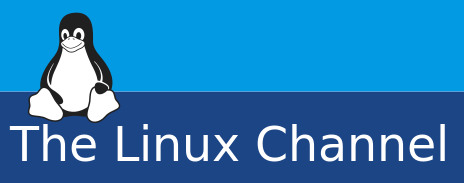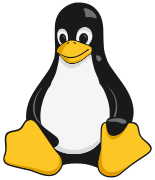TUTORIALS 》 Linux Kernel Internals :: Linux Kernel Boot Process
This article is submitted by my student:
If you want to feature your article,
you can kindly contact me via email and send your article submissions (content and the resources).
Once they are reviewed, I should accept and post the same 🤗
 11 - Ramin Farajpour Cami, Iran, Iran ↗
11 - Ramin Farajpour Cami, Iran, Iran ↗
 🔗Senior Cyber Security Researcher, EDG (Engineering Development Group) of CCI (Center for Cyber Intelligence).
🔗Senior Cyber Security Researcher, EDG (Engineering Development Group) of CCI (Center for Cyber Intelligence).

💎 Download the PDF - Linux Kernel Booting_1.pdf
Featured Video:
Suggested Topics:
Join The Linux Channel :: Facebook Group ↗
Visit The Linux Channel :: on Youtube ↗
💗 Help shape the future: Sponsor/Donate
Recommended Topics:
Featured Video:
Trending Video:
Recommended Video:










